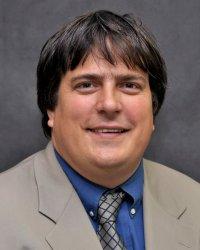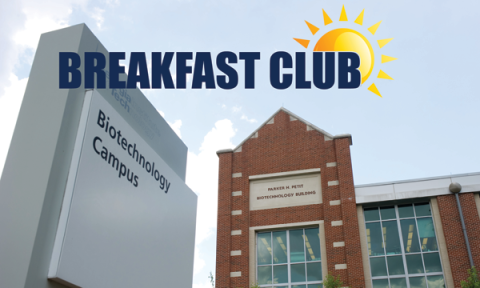event
Breakfast Club Seminar Series
Primary tabs
"Mesenchymal Stem Cell Angiogenic Capacity in Amputated Limbs"
Luke Brewster, PhD
Assistant Professor
Department of Surgery
Emory University
Patients with critical limb ischemia have inadequate perfusion for resting nutritional needs leading to rest pain, ulceration, and eventually major amputation or death. Approximately half of critical limb ischemia patients do not have revascularization options to prevent major amputation. Prohibitively high mortality rates (up to 40%) and dependent care costs to society mandate a need for innovative therapies to promote limb salvage, preserve patients’ quality of life, and to limit societal costs. Mesenchymal stem cells (MSC) are thought to promote angiogenesis through chemokine and stromal effects on endothelial cells and by modulating the inflammation that retards healing and impairs tissue regeneration. Clinical trials have demonstrated feasibility and potential of MSC therapy to prevent amputation in ischemic patients, but MSCs harvested from this population are thought to be of poor quality due to a combination of age, ambient ischemia, and other medical comorbidities. Since the majority of patients who would benefit from regenerative therapy are older and sicker patients, it remains unclear if their MSCs can be rejuvenated for clinical application. For critical limb ischemia, it is also unclear whether these comorbidities preferentially effect MSC angiogenic, stromal, and/or immunomodulatory qualities.
In collaboration with Todd McDevitt (GTEC), Ian Copland (Emory), and Alex Peister (Morehouse University), we have recognized the large volume of marrow available in amputated limb specimens and are utilizing this tissue for two purposes. First this tissue allows us unique access to the bone marrow of the patient population in need of regenerative therapy. This access is used to fully characterize the angiogenic potential of these cells. Second we hypothesize that the MSCs cultured from ischemic limbs are inflamed and inferior to that of healthy donors, but that optimal culture conditions can improve their “health” and increase the therapeutic utility of autologous MSCs in diseased patient populations.
Our current objective is to identify what deficits exist in the MSCs from ischemic limbs, and then address these deficits through culture rejuvenation to improve the efficacy of cellular therapy in regenerative medicine.
Status
- Workflow status: Published
- Created by: Colly Mitchell
- Created: 07/16/2012
- Modified By: Fletcher Moore
- Modified: 10/07/2016
Categories
User Data


